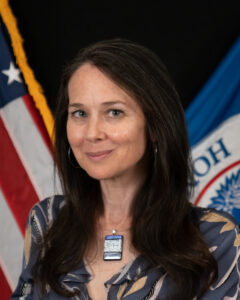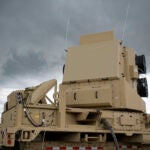
A new advisory committee stood up to provide external advice to the Cybersecurity and Infrastructure Security Agency (CISA) received its initial tasks last Friday to include tackling workforce issues, reaching out and building trust with the hacker community, preaching cyber hygiene, strengthening the most important critical infrastructures and, combatting misinformation and disinformation. The challenges were handed out by Jen Easterly, the director of the three-year-old Department of Homeland Security agency that is looking to move beyond being the nation’s risk…

 By
By 











